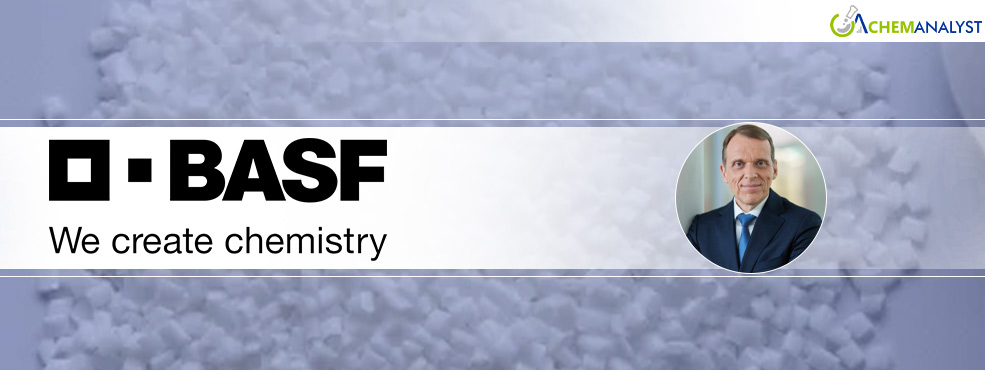Welcome To ChemAnalyst

German chemical giant BASF announced Thursday the startup of the world’s first commercial-scale plant dedicated to producing its loopamid® recycled polyamide 6. The new production facility, located at BASF’s Caojing site in Shanghai, China, boasts an annual capacity of 500 metric tons. This launch marks a significant advancement in supplying sustainable materials to the textile industry.
“The startup of this plant once again demonstrates BASF’s innovative strength,” said Stephan Kothrade, a member of BASF’s Board of Executive Directors and Chief Technology Officer (CTO). “As an integral part of our Winning Ways strategy, we utilize our chemistry to develop solutions for the biggest challenges of our time. loopamid transforms textile waste into a valuable resource, helps save raw materials and closes the textile loop.”
Loopamid is a recycled polyamide 6 derived entirely from textile waste. The newly operational facility is designed to meet the increasing demand within the textile sector for more sustainable polyamide 6 fibers.
“I am proud of our team, which has worked with great passion and dedication to achieve the commercialization of loopamid,” stated Ramkumar Dhruva, President of BASF’s Monomers division. “The technology behind loopamid allows textile-to-textile recycling for polyamide 6 in a wide variety of fabric blends, including those with elastane. I am convinced that loopamid not only makes a significant contribution to the textile circular economy, but also helps our customers achieve their sustainability goals.”
Both the new plant and the loopamid products it produces have received certification under the Global Recycled Standard (GRS). This certification assures consumers and textile manufacturers that loopamid is manufactured using recycled materials and that the production processes adhere to specific environmental and social standards. BASF also noted that initial yarn manufacturers are already successfully incorporating loopamid into their products.
The production of loopamid at the Shanghai facility currently utilizes industrial textile waste generated during textile manufacturing. BASF plans to progressively increase the proportion of post-consumer textile waste used in the process. This feedstock includes items such as cutting scraps, defective pieces, offcuts, and other production-related textile waste sourced from the industry. Customers and partners collect and supply these materials to BASF.
Ultimately, end-of-life garments made from polyamide 6, along with other textile products, can also be used to produce loopamid. Recycling these waste materials presents challenges due to the common presence of mixed fibers, various materials, dyes, and additives. For post-consumer waste, the removal of items like buttons, zippers, and other accessories is also necessary. BASF is actively collaborating with partners and customers to expedite the development of efficient collection and sorting systems for textile waste.
We use cookies to deliver the best possible experience on our website. To learn more, visit our Privacy Policy. By continuing to use this site or by closing this box, you consent to our use of cookies. More info.
